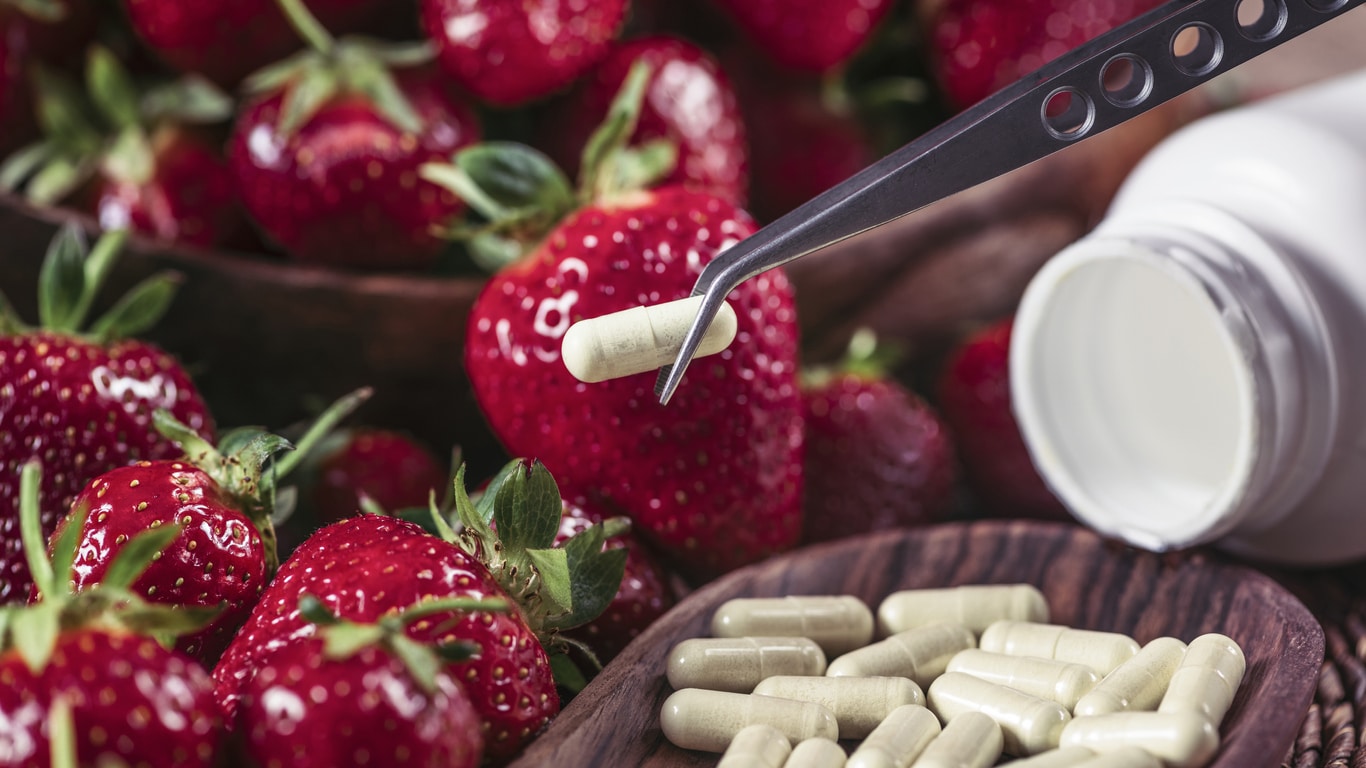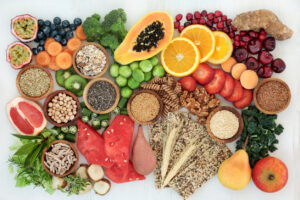Wouldn’t it be nice if there were a magic pill we could take to help slow the aging process or at least buy us more time in life? Well, that magic pill hasn’t been invented yet, but there is something out there that shows promise toward getting there. It’s called fisetin (FISS-uh-tin), and it’s a plant pigment. There’s evidence it’s also an anti-aging compound with anti-inflammatory, antioxidant, and immune-supporting effects—all good things. Many clinical studies are underway to investigate whether it can benefit a variety of conditions beyond aging, including stroke prevention and cancer treatment. But all those studies are still underway, so it’s hard to say where they will lead. For now, what little research has been done makes it worth a deeper look.
What is Fisetin?
Fisetin is a flavonol. It gives color to many different fruits and vegetables. In recent years, it’s grown in popularity, with researchers investigating its medicinal potential. Among other things, they’re interested in its ability to slow the aging process and extend lifespan, in what are called “senolytic” effects. Confused? I was, too.

Essentially, aging happens when there’s a buildup of senescent cells. They stop dividing and become damaged, then start releasing inflammatory molecules. Those attack healthy tissue and contribute to age-related diseases like osteoporosis, cancer, and strokes. Eliminating senescent cells reduces inflammation, enhances physical function, and extends lifespan in animals.
Researchers know certain plant compounds can destroy bad cells without harming healthy ones. Of those compounds, studies show fisetin as the most effective. It increases antioxidant defense. So much so, in fact, in old mice, fisetin cleared senescent cells and increased their lifespan by over 10%. In other research, fisetin extended the lifespan of yeast by more than 50%. Still, more research showed it added to the lifespan of fruit flies by more than 20%. Impressive. These impressive results have led to further research, including a current clinical trial aimed at determining whether it can reduce inflammation and improve frailty and bone health in older adults. Explaining it all can get a lot more complicated, but that’s the big takeaway in my book.
Where Can I Get Fisetin?
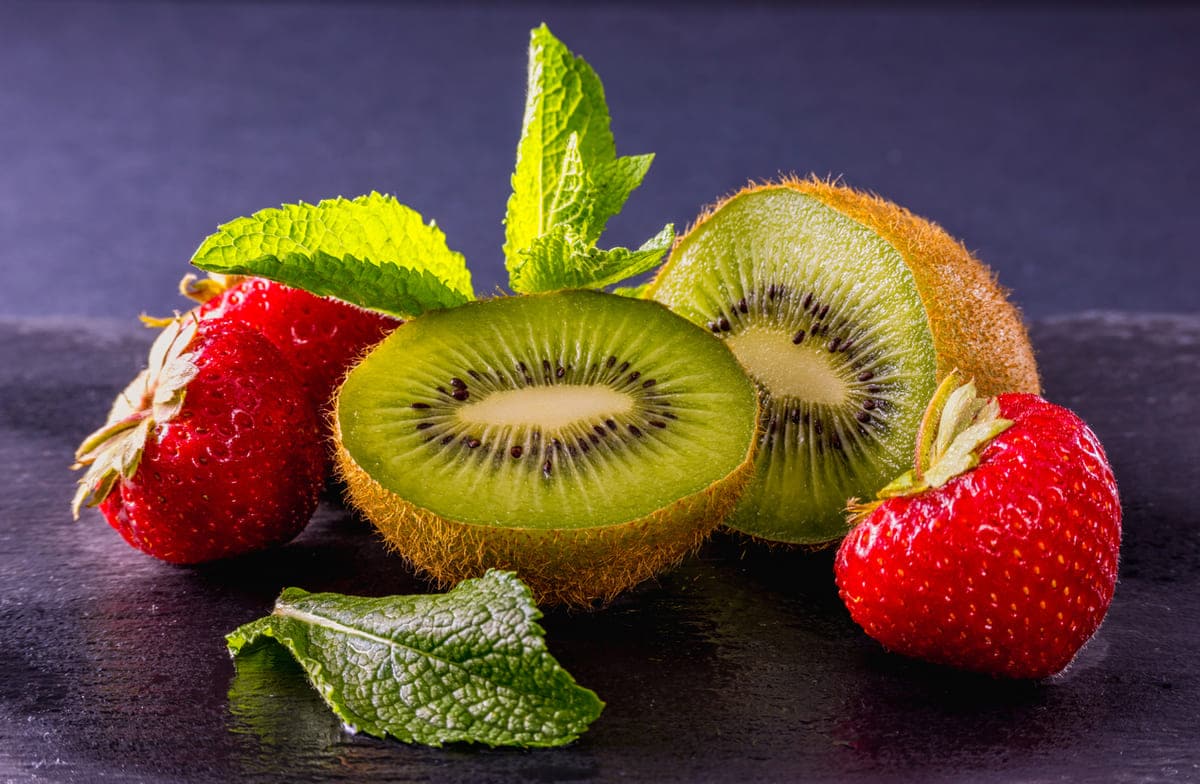
Well, the easiest way to get more fisetin in your body is to increase your intake of various fruits and vegetables. Scientists measure its concentration in those foods and express it in micrograms per gram (the list below is for freeze-dried food, so keep in mind the amounts may vary in fresh fruits and veggies, depending on their growing conditions).
Strawberries are, by far, the best source, as you can see in the list below.
- Strawberries (160)
- Apples (27)
- Persimmons (11)
- Lotus root (6)
- Onions (5)
- Grapes (4)
- Kiwi (2)
Smaller amounts can be found in mangoes and cucumbers as well.
There are also now supplements on the market that are packed with fisetin, but more on that later.
Side Effects of Fisetin
So far, scientists have not found evidence of any side effects or toxicity, even when given in high doses. Keep in mind that those were animal studies, and clinical studies would still need to be conducted to confirm its safety.
Beyond Aging

Fisetin is also being investigated for several other applications, including the treatment of diabetes and cancer. Brain protection and mental health studies are also underway, along with treatment for depression and anxiety. Research is even underway for neurodegenerative diseases, along with protection against strokes and seizures. But we’re focusing on anti-aging here, which is a miracle enough for some of us.
More on the Mice
The study on mice incorporated the natural product of fisetin found in fruits and vegetables. The results showed it could extend lifespan and improve health, even when given late in life. The fisetin reduced the level of damaged cells in the body (the same damaged cells that cause inflammation and release enzymes that degrade the tissue). By treating the mice with the compound, their health was improved, along with their lifespan.
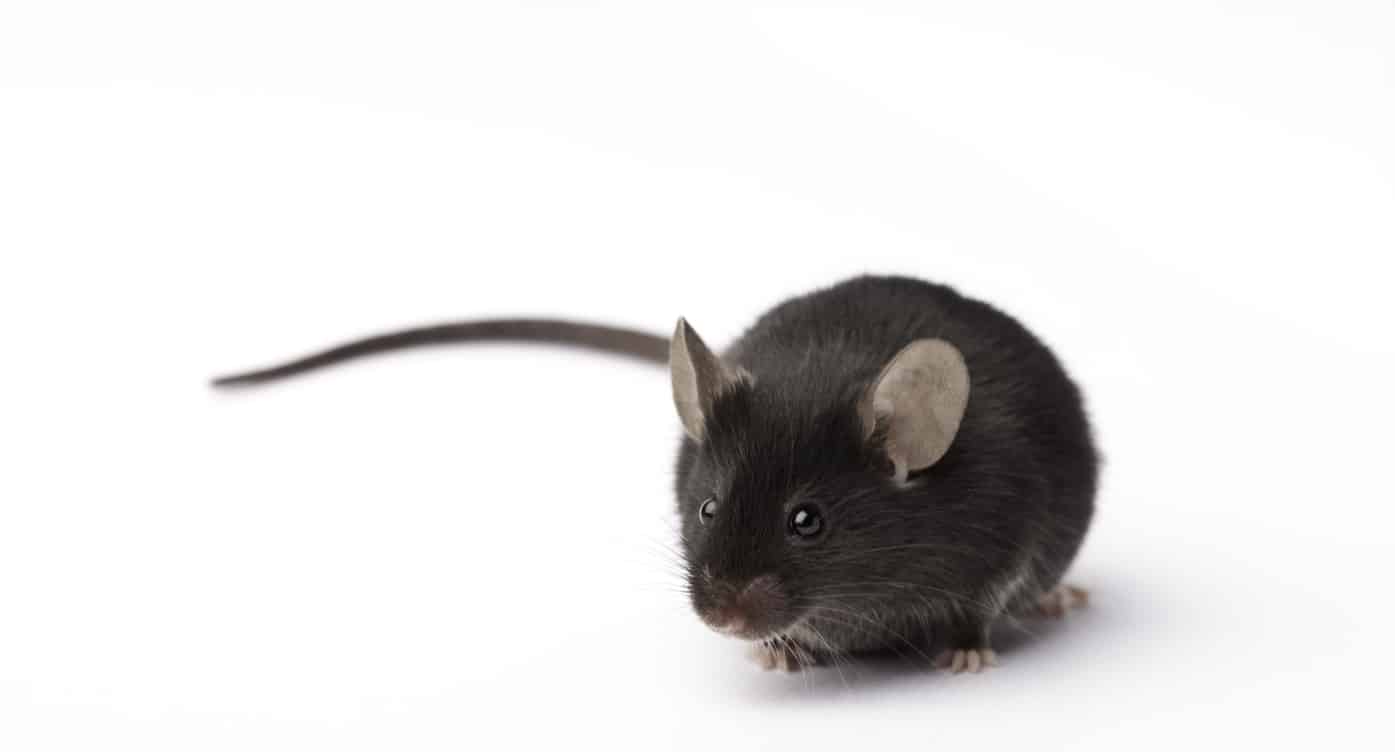
The researchers said the results suggest we can extend life with this compound, but also pointed out there are many questions to address, including the proper dosage. Those researchers, led by aging expert and professor Paul D. Robbins, found that the mice exposed to fisetin lived two and a half months longer than usual, or 10% longer, and experienced fewer age-related issues than the control group, even at an older age. The old mice who were given fisetin were better at making their way through a maze and recognizing objects, which translates into improved cognition and memory. The results were so positive that they drove the Mayo Clinic to sponsor a clinical trial examining the direct effects of fisetin supplementation in humans and age-related dysfunction.
How Much Do I Need?
In one clinical study of colon cancer patients, participants took 100 mg/day to reduce inflammation, and that amount was effective. In another ongoing clinical trial evaluating its impact on inflammation, bone health, and frailty in the elderly, a high dosage of about 1,400 mg/day for two consecutive days is being administered to people weighing about 155 pounds. That high a dosage is not yet recommended until the study results are shared.
Strawberries are the very best food source for fisetin, with apples and persimmons following. As we mentioned earlier, supplements are an option, though they may not be the best idea at this point. Researchers are skeptical about their benefits in supplement form since they’re poorly absorbed when taken orally. That said, researchers say absorption may be increased if taken with fats like fish oil. And the supplement users do report improvements in focus, memory, and mood.
Bottom Line
Fisetin is promising when it comes to anti-aging and extending life. Research shows it may also have other benefits, though its effects are still unclear. There are still many questions that need to be answered, and the most important is whether the findings will show that the impact on animals is the same as on humans. Another deals with dosage, as stated earlier. So, before you step up your intake of supplements, be sure to talk with your physician about their potential impact. However, eating more strawberries certainly can’t hurt.
Want to Try It Out?
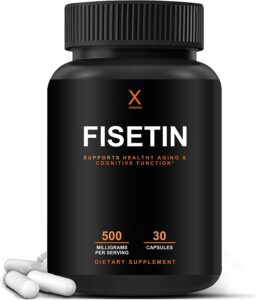
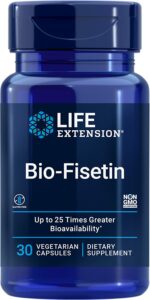
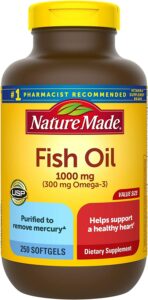
Read More:
A Flexible Anti-Aging Skincare Routine That Works
References:
[1] https://www.thelancet.com/journals/ebiom/article/PIIS2352-3964(18)30373-6
[2] https://clinicaltrials.gov/ct2/show/NCT03430037
[3]https://www.sciencedaily.com/releases/2006/10/061017164401.htm
[4] https://academic.oup.com/hmg/article/20/2/261/653439
[5] https://www.ncbi.nlm.nih.gov/pmc/articles/PMC6197652/
[6] https://agris.fao.org/agris-search/search.do?recordID=US201800008985
[7] https://pubmed.ncbi.nlm.nih.gov/27671819/
[8] https://pubmed.ncbi.nlm.nih.gov/30342710/
[9] https://pubmed.ncbi.nlm.nih.gov/23618921/
[10] https://pubmed.ncbi.nlm.nih.gov/23639403/
11. https://pubmed.ncbi.nlm.nih.gov/31539617/
12. https://pubmed.ncbi.nlm.nih.gov/30279143/

